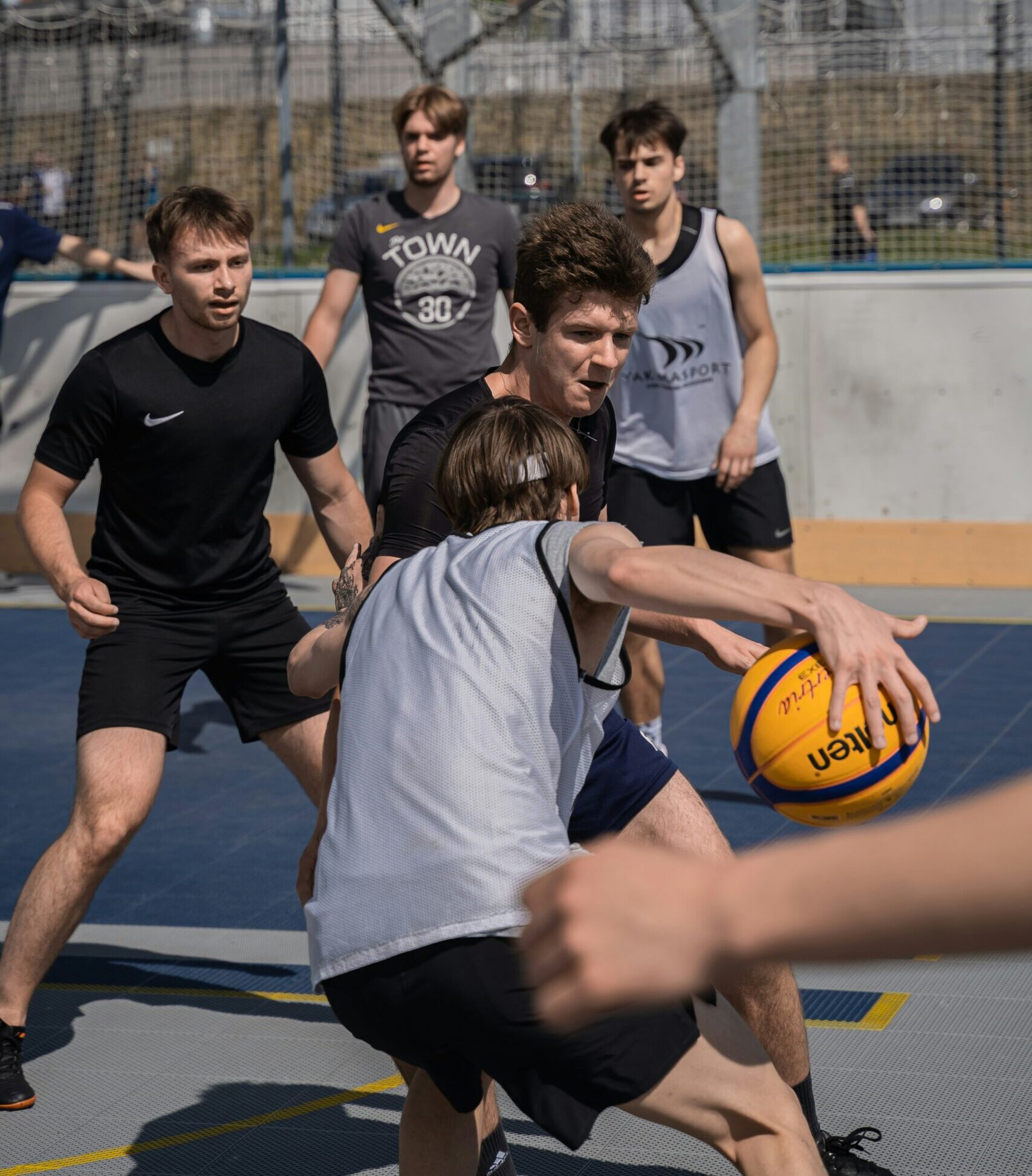
An Introduction to Muscle Injuries
An Introduction to Muscle Injuries: How Physiotherapy Can Help You Recover
Muscle injuries are a common occurrence for people of all ages and fitness levels. Whether you’re an athlete, a weekend warrior, or someone simply engaging in everyday activities, muscle strains, sprains, and tears can disrupt your routine. The good news is that physiotherapy plays a crucial role in both treating and preventing muscle injuries.
What Are Muscle Injuries?
Muscle injuries can happen when a muscle is overstretched, overused, or subjected to a sudden force, leading to damage to the muscle fibers. The severity of the injury can vary, but muscle injuries are typically classified into three grades:
- Grade 1 (Mild): The muscle is stretched or slightly torn, with minimal pain and swelling. The muscle is still functional, and normal activity can usually resume with minor restrictions.
- Grade 2 (Moderate): A partial tear occurs, leading to more noticeable pain, swelling, and a reduction in strength. The injury requires a longer recovery time and may need physiotherapy to help restore function.
- Grade 3 (Severe): A complete rupture or tear of the muscle. This is a serious injury, often requiring surgical intervention and a structured rehabilitation program under the care of a physiotherapist.
Common Causes of Muscle Injuries:
- Sudden, intense movements: Activities that involve quick bursts of energy, like sprinting, jumping, or heavy lifting, can put a lot of strain on the muscles.
- Overuse or repetitive movements: Repeated motions, especially without adequate rest, can lead to muscle fatigue and injury.
- Improper warm-up: Failing to warm up properly before exercise or physical activity can make muscles more prone to injury.
- Poor technique: Using improper form while lifting weights, running, or participating in sports can increase the risk of muscle strains.
Signs of Muscle Injury
Symptoms of a muscle injury may include:
- Sudden sharp or aching pain during activity
- Swelling and bruising around the injured area
- Limited range of motion or weakness in the muscle
- Stiffness or tightness in the muscle
- Difficulty performing activities that use the affected muscle
How Physiotherapy Helps with Muscle Injuries
Physiotherapy is an essential part of the recovery process for muscle injuries. A physiotherapist can assess the injury, develop a personalized rehabilitation plan, and guide you through exercises to restore mobility and strength. Here’s how physiotherapy helps:
- Pain Management: Physiotherapists use various techniques, such as manual therapy, ultrasound therapy, and modalities like heat and cold, to reduce pain and inflammation in the injured muscle.
- Strengthening Exercises: After the early phase of healing, targeted strengthening exercises help rebuild the injured muscle and prevent future injury by improving muscle function.
- Stretching and Flexibility: Physiotherapists use stretches to improve flexibility, which is essential for preventing stiffness and promoting healing.
- Functional Rehabilitation: Once you’re pain-free, physiotherapists incorporate sport-specific or activity-specific exercises to help you return to normal activities safely and with confidence.
- Education and Prevention: Physiotherapists can teach you how to prevent future injuries through proper warm-up routines, posture correction, and strength training.
Conclusion
Muscle injuries are common but treatable with the right care and attention. Physiotherapy is an invaluable resource for those looking to recover from a muscle injury and prevent future setbacks. By combining pain management, rehabilitation exercises, physiotherapists help patients heal and regain strength.
If you are experiencing a muscle injury, get in touch with Pivotal Motion’s Physiotherapy and Exercise Physiologist team today. Our team will be able to discuss with you in more depth on how we can help you. Book online or call us on 3352 5116.







